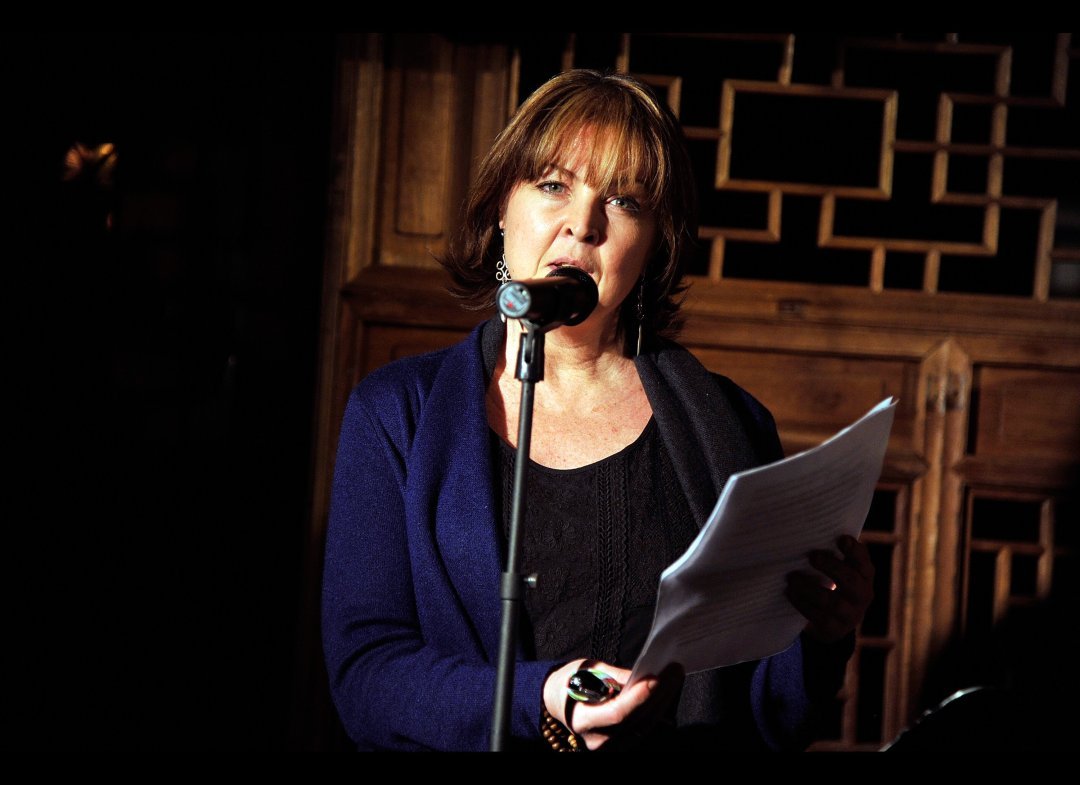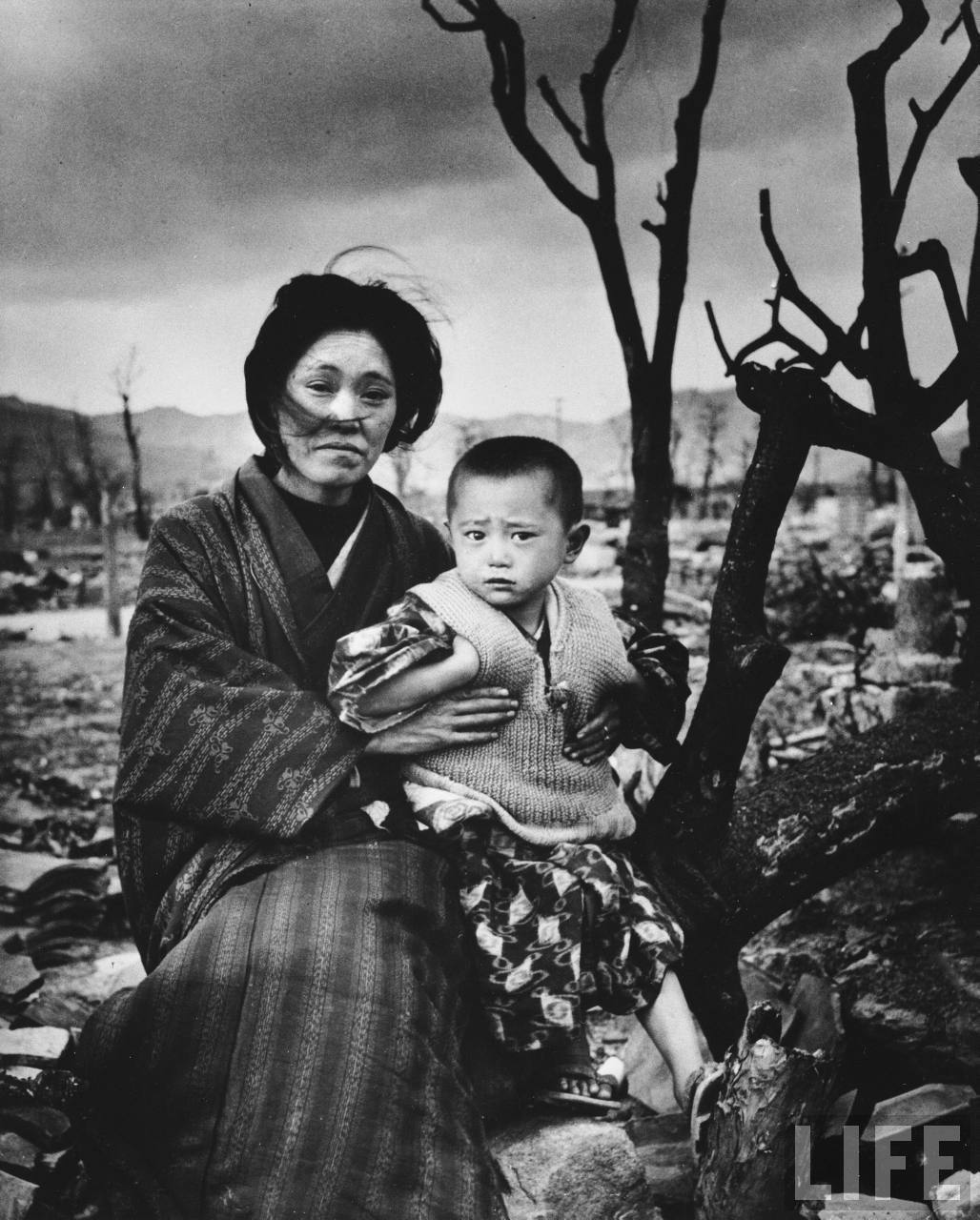“What would happen if one woman told the truth about her life?
The world would split open.”
― Muriel Rukeyser
Twenty years ago, Anita Hill sat in front of a Senate hearing and told her truth at the intersection of race and gender. She was publically pilloried by a panel of white men. This weekend, at Hunter College, Anita Hill was celebrated by a sold-out, star-studded
conference, whose participants had a chance to thank her for enduring what she has so that women today could stand on her shoulders.
After a full conference day, the evening was filled with stories, in a hot ticket night of performances curated by Eve Ensler. But throughout the day, there was a clear refrain that will resonate with all women writers. What Anita did, and what we all must continue to do for each other, is to tell our stories. Gloria Steinem quoted an Indian saying: “The loss of memory is a source of oppression.” When we forget, or hide in silence and allow others to forget, we literally lose our ability to speak up for who we are. “We are restoring, supplementing, and extending each others’ memories,” Steinem declared about the conference. For me, a writer who has dedicated herself to unearthing other people’s stories, this was the most powerful reminder in an electrifying day.
At lunch,
Hedgebrook, the retreat for women writers on Whidbey Island in Washington state, hosted a conversation about storytelling. “When one woman tells her truth,” Executive Director Amy Wheeler said, “sometimes everyone beside her takes a step back to get out of the way.” When my memoir, Hiroshima in the Morning, came out last year and I tried to tell the truth about my motherhood and open a discussion about different forms of happy families and the importance of love, I got my own small taste of the white male panel, which was only interested in shutting me down. Everything I had to say was misrepresented, and at times it seemed like my only options were to accept an invitation from a hostile television show and shout over their slurs (which I decided not to do), or to retreat and be silent.
Hedgebrook was there for me, with their radical hospitality for women writers.
The Feminist Press, my publisher, also stood with me. Someone recently asked me, “Was it worth it? What did you gain?” and I have to say that it was worth it to me to get so many emails from women who shared their own stories. From them, I was reminded that we all have similar struggles, though we make different decisions. And if more of us begin to speak up, none of us will have to go it alone.
Twenty years after Anita Hill’s testimony, the immigrant service worker who accused Dominique Strauss-Kahn of sexual assault in New York had her case dismissed as her imperfect past was tried in the court of public opinion. It seems that we have not come as far as we want. But as Steinem also pointed out, her courage to tell her story inspired others to tell theirs, and charges of inappropriate sexual behavior and predation continue to haunt the man who now will not be President of France because one story unlocks the next, and the next. Storytelling is a radical act – I know it, and you know it because you are a writer – but I did not expect to hear that truth reflected back to me so often by so many of the conference panelists, whether they were domestic worker organizers, academics, lawyers or performers.
We women writers need to tell the truth about our lives. It’s not a hobby or an indulgent luxury that we sit down to our desks and write. It is a service, a path-showing, a community we create for others. We also need to support each others’ truth by short circuiting the media and structures that would keep us silent and by sharing each other’s work. As Amy Wheeler said, “It’s not about my voice. It’s about my voice, and your voice, and your voice. We are in it together.”
That’s when the world will truly split open. Keep writing!



















